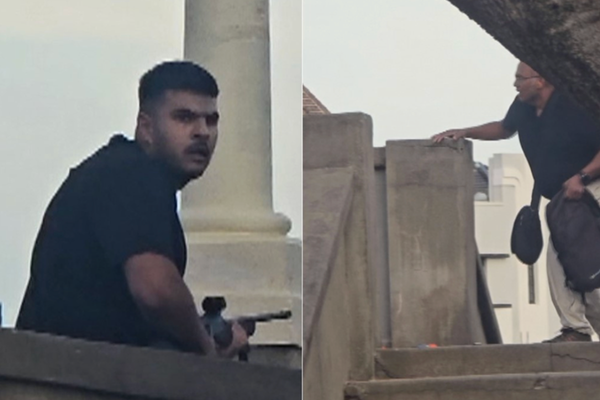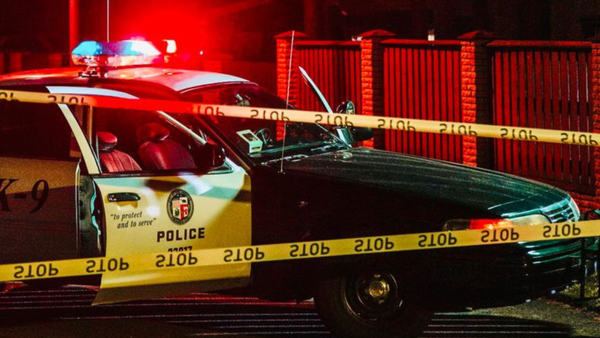
I found myself reading part of Rhiannon Lucy Cosslett’s account of the first year of her cat Mackerel’s life while I was sitting with Hector, my Norwegian Forest cat (I’ve always been delighted by the fact that Jan Morris also had one of these noble specimens). Hector, a stray who came in from the cold and who turned out to be female, is now blind, and we supervise her meals lest her two housemates, Zsa Zsa, a black and white made cantankerous by juvenile arthritis, and Kiki the kitten, a boisterous and daftly loving tabby, try to edge her out of her dinner. As she finished, I lifted my head from the book and apologised to her for not being more chatty while she ate. Then I kissed her gently on the head. It is this kind of behaviour that The Year of the Cat seeks to analyse and understand: not only the emotional care cat owners often find themselves lavishing on these supremely unknowable little animals, but the reactions to our reactions, especially when they are pejorative.
“Cat lady” is one such charge, sometimes with the intensifier “crazy”, although it was my husband who wept for days when Hector lost her sight, for fear that she would be frightened and confused (she has proved wonderfully adaptable). Women who love their cats inordinately are said to be compensating – most usually for lack of sex or children – and projecting on to them an intimacy they are unable to experience elsewhere.
The most admirable and affecting aspect of Cosslett’s memoir is that she doesn’t entirely reject this thesis. She is all too aware that Mackerel, whom she and her husband walked miles through London to collect in order to avoid public transport at the onset of the pandemic, is allowing her to interrogate several painful areas of her life. Keeping this defenceless creature alive is a way of confronting her own terrors and ambivalences – a way to think deeply about the PTSD that engulfed her after an unknown man attempted to kill her in the street when she was 23, and which resurfaced when she was caught up in terrorist attacks in Paris; to endure lockdown separation from friends and family, including her beloved brother, who has severe autism and lives in a care home many miles away; and to navigate the clash between her overwhelming desire to have a baby and her fear that she is “too mad” to undertake motherhood.
Beneath these anxieties is another insistent push-me-pull-you argument: will she be able to write, to think, if she pours her energies into creating another human being? The artists whom she most cleaves to – Suzanne Valadon, Louise Bourgeois, Gwen John, Barbara Hepworth and Tracey Emin – have alighted on different answers to this question. They have also often had to contend with the way that women who make art are treated: as outsiders, as eccentrics, as creators whose work must resist the accusation that its relation to their own lives renders it somehow lesser, “little more than an excretion”, merely “expunged from your feminine brain, just as you expel blood and milk from your feminine body”.
But being involved in the physical care of another being dependent on you does, as Cosslett discovers when Mackerel swallows a length of string, often come down to dealing with shit. She recalls her brother dropping his trousers in the flowerbed of a supermarket car park and the response of her therapist, who told her it was inappropriate to laugh about it. “Doesn’t everyone have a story involving faeces, or know someone who does?” she wonders. “Isn’t it a bit patronising to exclude disabled people from this well-mined field of human comedy?”
She is dead right. If no man is a hero to his valet, then no cat’s much-vaunted dignity emerges entirely unscathed to their litter-tray emptier, which is a good thing: dignity is an overrated virtue when it comes at the expense of acknowledging another creature’s corporeality. We are all shit-sifters looking for string, in the end, and all the better for it.
• The Year of the Cat is published by Tinder (£16.99). To support the Guardian and Observer order your copy at guardianbookshop.com. Delivery charges may apply.







